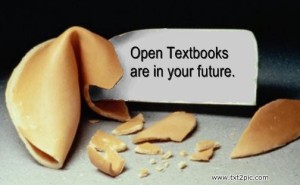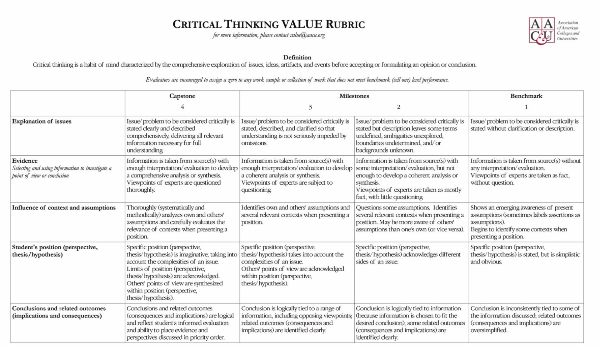Why Create and Use Open Educational Resources?
 I'm currently working on redesigning courses to use only Open Educational Resources (OER). Ever since I have worked in higher ed, whenever I have discussed open resources that are offered for free some faculty will always ask "Why do people create these things for no money?"
I'm currently working on redesigning courses to use only Open Educational Resources (OER). Ever since I have worked in higher ed, whenever I have discussed open resources that are offered for free some faculty will always ask "Why do people create these things for no money?"
Most of us do our work and create our "intellectual property" (some of which is called that isn't really IP) in order to make money, and in academia to gain promotion and tenure too.
Some of the main motivations for creating OER are the same as the reasons for using OER. In my current project at a community college, we are trying to create course that save students money. Ideally, the course has no cost after students pay their tuition. The biggest cost is almost always textbooks, so using free, open textbooks is important.
I feel that too much course design is based on the textbook used, so OER redesign offers an opportunity for real course redesign.
On the pedagogical side, open textbooks solve the problem of students simply not buying the book and trying to get by without it. I taught in secondary school for years and all the textbooks were free and I will always say that a free book does not solve the problem of students who do not read the books.
We also know through many studies that students who are strapped for money often choose courses when possible based on low or no cost for textbooks.
Students get annoyed when a professor only uses a small part of the textbook. Using open textbooks allows us to select the sections that we really want to use. Many OER courses use portions of several texts - a few chapters from one and a few from another.
If you not totally happy with the content in an truly open textbook, you can edit it yourself. You can add your own content, add your own images. Of course, in most cases those edits also have to be made open to others to use. I think of an open textbook as a starting point.
Which brings us to the point that creating an OER course takes work. Finding resources is very time-consuming. Editing them is work. If you do it, you do it for your students, for education and for a love of learning that you want to share with the world.
OER creators don't usually make money from their efforts, although there are platforms that offer resources in printed formats for a price. But creators can get recognition and exposure for their efforts and that can sometimes help in the job-hunting and promotion and tenure processes.

 In 2002, computer scientist and physicist
In 2002, computer scientist and physicist 
